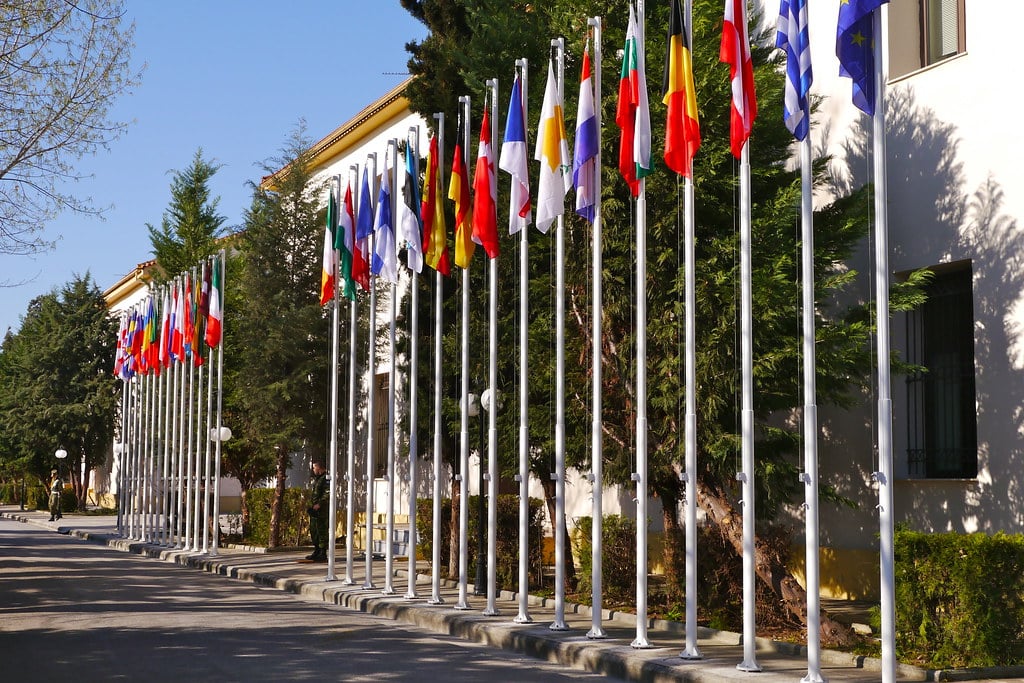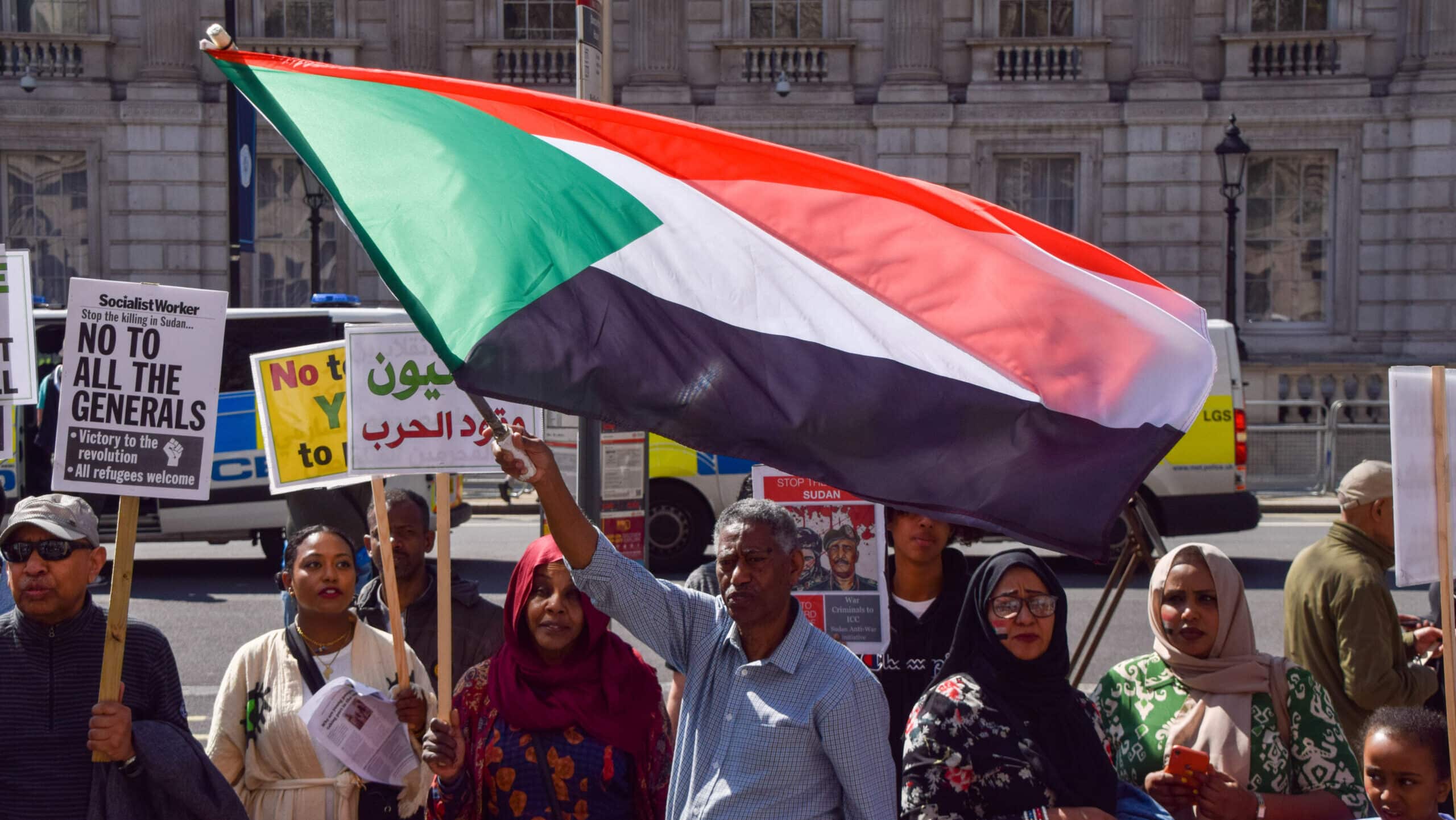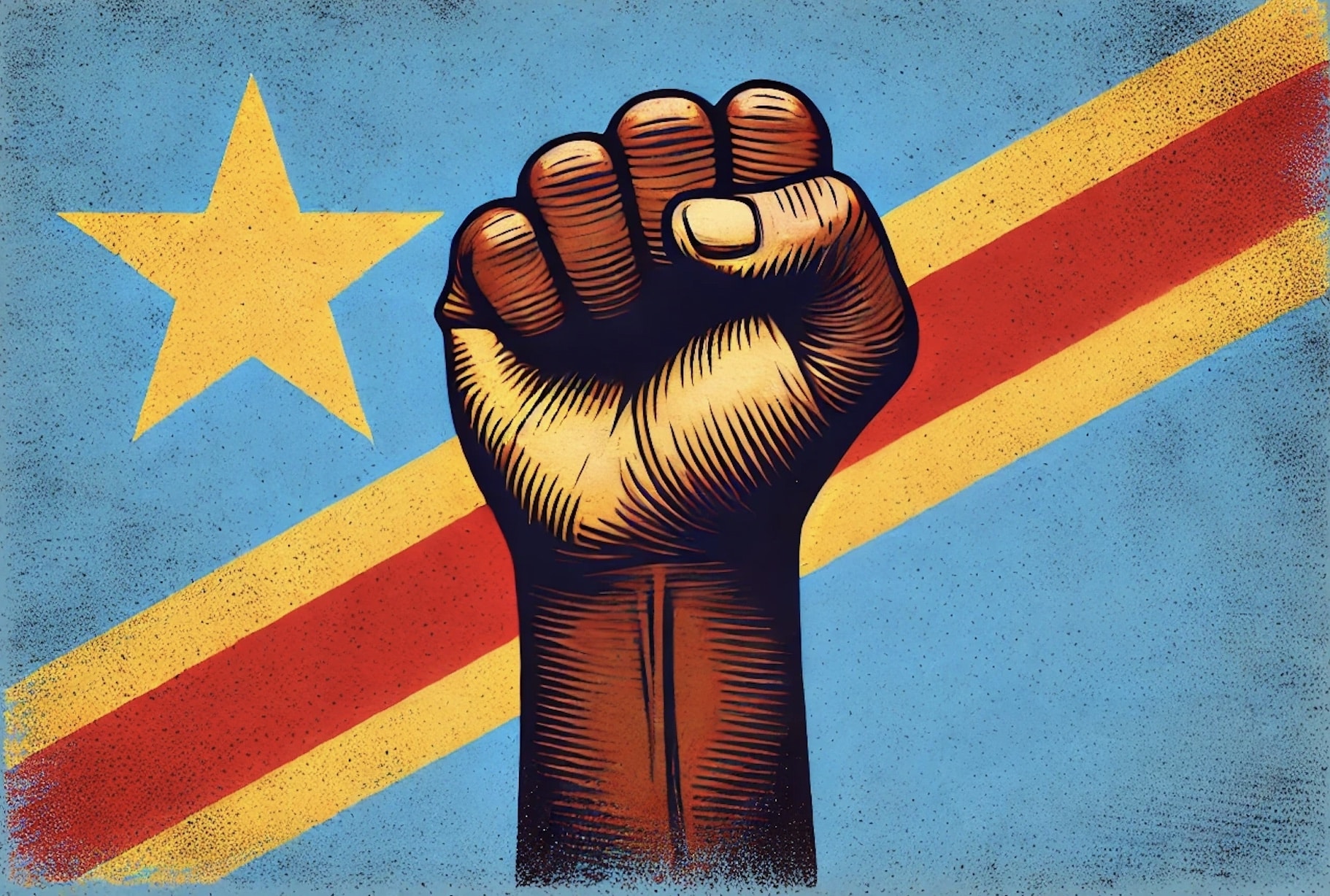There is something aberrant about our political culture. Whereas in most democracies mutual struggles are inescapable, in the Netherlands people seem to think differently. Here, a leadership battle within a political party is almost seen as a form of mismanagement. How can that be?
It is also still a relatively recent phenomenon. On the waves of the Fortuyn revolt, parties started experimenting with list leader elections. The PvdA, for example, did so very successfully when succeeding Ad Melkert in 2002. Then party chairman Ruud Koole pushed it. It was supposed to be an open and transparent election. The choice was left to all members: one member one vote. It became a great success and helped winner Wouter Bos get used to what awaited him later during the election campaign. Later, the same thing happened to Diederik Samsom. At the VVD in 2006, a rough battle ensued between Rita Verdonk and Mark Rutte. It made Rutte a better campaigner. That Verdonk later challenged his leadership was because she got more preferential votes in the elections. But Rutte tussled and came out on top. It made him a better leader. Of course, things went wrong sometimes too. The battle between Sap and Dibi at Groenlinks led to much misery and at the PvdA they still have a trauma from the battle between Samsom and Asscher.
In the United States, struggle is the essence of politics. For all positions from class representative to President, you have to campaign. "Real winners must first learn to lose", they say there. In the Netherlands, we shy away from it. Is that because of our polder model? In the end, we prefer not to politicise too much. A mayor is successful if he or she is "above the parties." I think that is why that elected mayor, a crown jewel of D66, never came about. Still, I think struggle makes a politician better. Asscher has reinvented himself and become a better leader because of it. The winner of the elections within the CDA goes into battle tested with the list leaders of the other parties. That is exactly what Sigrid Kaag is going to miss. Wouldn't it have been better for Kaag's leadership if Rob Jetten had picked up the gauntlet? We know a lot about Kaag, but not whether she can hold her own in a debate with her rivals. Paris is a long way off.





